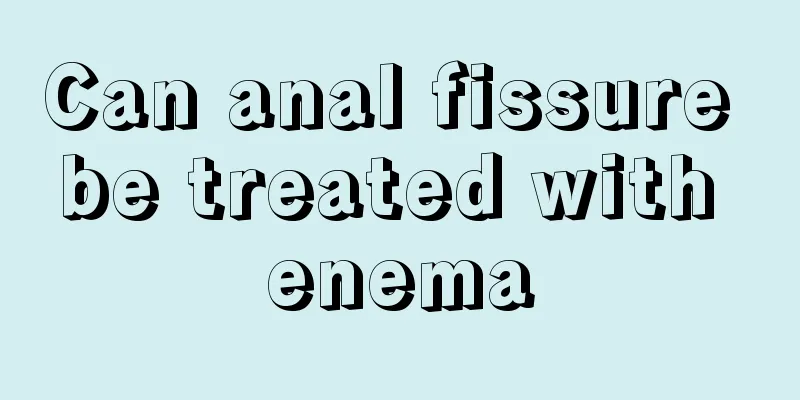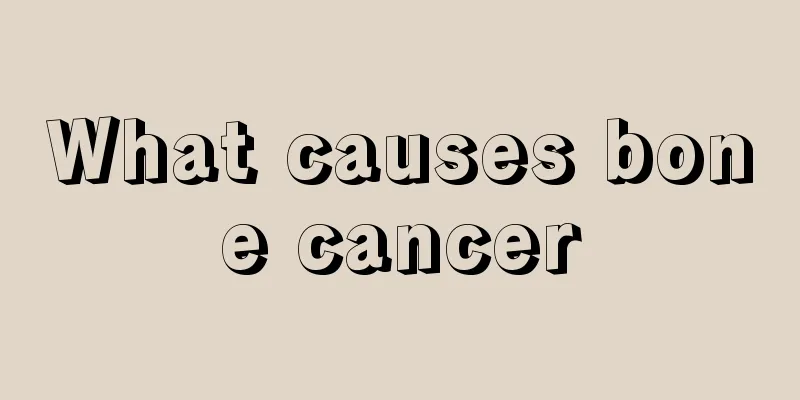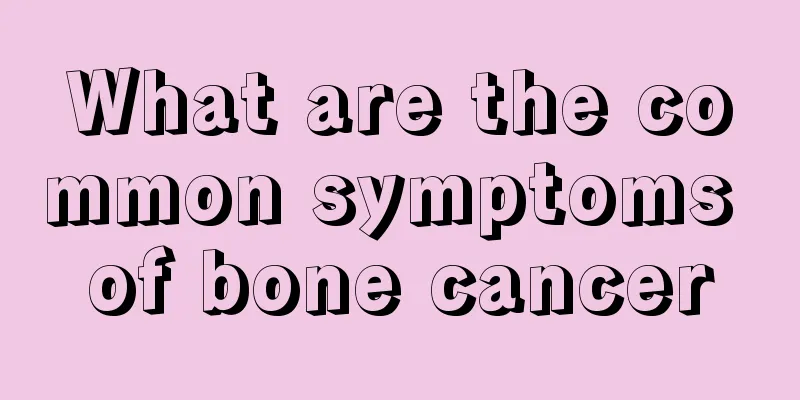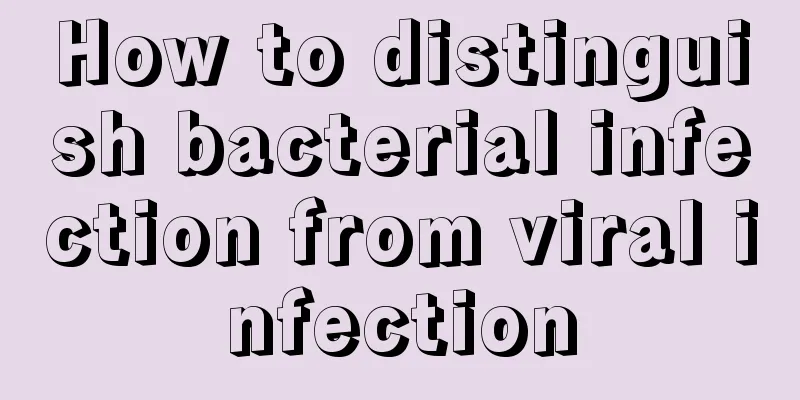What are the differences between rhinitis and nasopharyngeal carcinoma and how to treat them
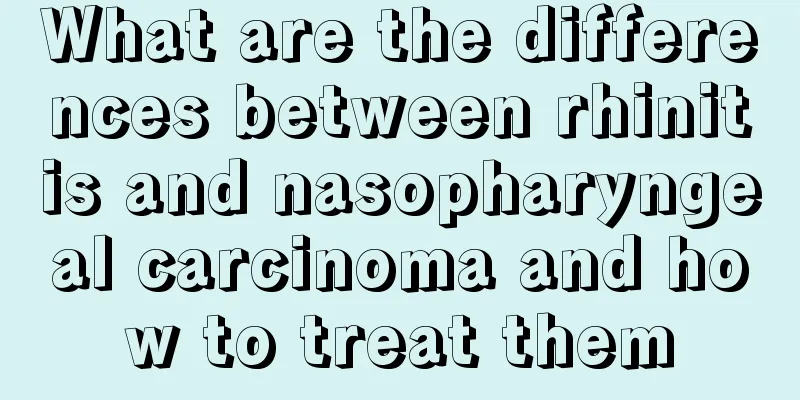
|
Cancer is a very serious symptom. For example, nasopharyngeal cancer can cause nose bleeding, dizziness, etc. So what is the difference between rhinitis and nasopharyngeal cancer? How to treat it? What is the difference between rhinitis and nasopharyngeal carcinoma? The symptoms of nasopharyngeal carcinoma are similar to those of rhinitis, such as nasal congestion and discomfort. Although nasopharyngeal carcinoma also causes nasal congestion symptoms, its severity is related to the location of the cancer. Nasal cancer usually starts with unilateral nasal congestion. As the location of the cancer increases, the nasal septum is squeezed to the other side, resulting in bilateral nasal congestion. Nasal congestion in nasopharyngeal carcinoma is progressive and sustainable. Chronic rhinitis patients have a history of frequent colds. Nasal congestion alternates and is related to posture. When lying on one side, the nasal congestion on one side is aggravated, while the other side is well ventilated. How is nasopharyngeal cancer treated? 1. Radiotherapy. Radiotherapy is the first choice for treating nasopharyngeal carcinoma. Cobalt-60 radiotherapy is superior to deep x-ray and can also be used for intracavitary laser therapy. Radiotherapy has a more direct killing effect on cancer cells, but the adverse reactions are relatively large and will damage normal cells. 2. Induction chemotherapy: Induction chemotherapy can quickly relieve various adverse clinical symptoms of nasopharyngeal carcinoma patients and reduce pain. Especially for patients with locally advanced nasopharyngeal carcinoma, it can improve the efficacy to a certain extent, reduce the probability of recurrence, and effectively control distant small metastases. For patients with advanced nasopharyngeal carcinoma who are not suitable for radiotherapy, induction chemotherapy can be fully implemented to stabilize the disease. The effectiveness of induction chemotherapy is a powerful indicator for predicting the prognosis of nasopharyngeal carcinoma patients. The next treatment plan can be determined based on their response, which has a profound impact on improving long-term efficacy. 3. Adjuvant chemotherapy: There are not many clinical studies on adjuvant chemotherapy III, and most of them have no positive results. Adjuvant chemotherapy is particularly important for nasopharyngeal carcinoma, exploring new effective drugs and appropriate dosage strengths, selecting high-efficiency and low-toxic drugs, and reducing their toxic reactions. Through the above introduction, everyone knows that there are obvious differences between rhinitis and nasopharyngeal carcinoma. Nasopharyngeal carcinoma is more harmful to patients, so if the disease is discovered, it must be treated in time. |
<<: Small cell lung cancer metastasizes to the neck lymph nodes in the late stage
>>: How to prevent nasopharyngeal cancer? What should we pay attention to in diet?
Recommend
What kind of people are not suitable to eat Lingzhi
We all know that Ganoderma lucidum can play a gre...
The most serious symptoms of alcohol poisoning
Wine is a very important drink in life. Drinking ...
Which kind of removable denture is better?
With the continuous improvement of living standar...
Seven details to help you see through the men of the 12 zodiac signs! Starting from the constellation
Detail 1: I don’t contact you every day If a Gemi...
The flesh around the teeth is red and swollen
Not everyone has healthy teeth. Some people are b...
7 subconscious actions can shorten your life by 20 years
When people are bored, nervous or anxious, they o...
How to do Gua Sha at home
Gua Sha is a unique traditional treatment method ...
The difference between osteosarcoma and Ewing sarcoma What is the difference between osteosarcoma and Ewing sarcoma
Osteosarcoma and Ewing sarcoma are both very seri...
Can burn scars be removed?
Burn scars can be removed. We can use scar remova...
Is a glass of red wine a day good?
I believe everyone is familiar with red wine. In ...
Will my pores become smaller if I stay up late less?
Nowadays, people love beauty very much and everyo...
Diet care for bladder cancer
Bladder cancer is also a common cancer disease an...
TCM treatment of breast cancer requires dietary restrictions
Breast cancer is one of the biggest health killer...
Postoperative Chinese medicine treatment for laryngeal cancer
Postoperative Chinese medicine treatment for lary...
How to detect formaldehyde in a new house
Many people move into their new homes after they ...


